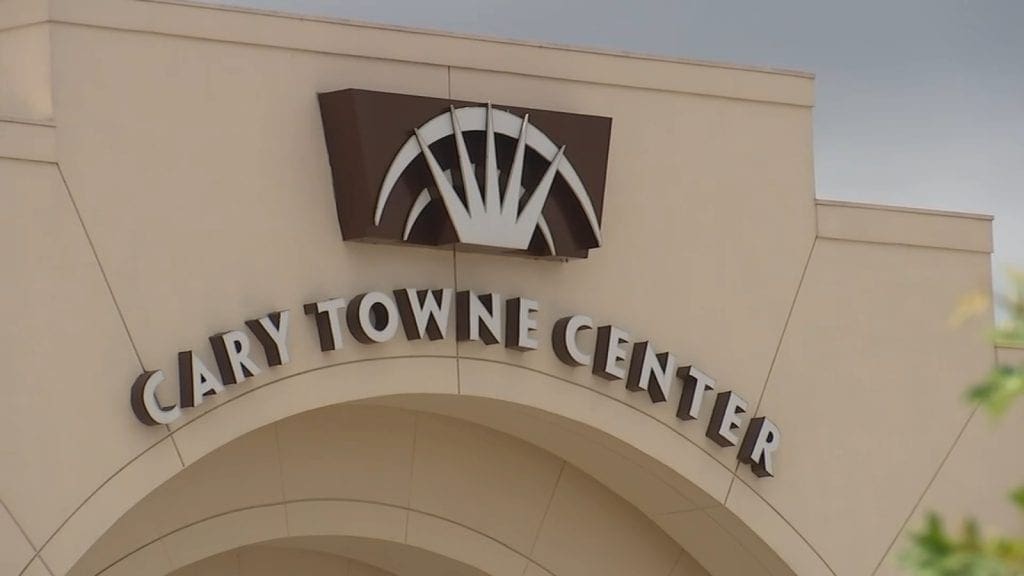The principle of net neutrality has faced another setback following a federal court’s decision stating that the Federal Communications Commission (FCC) lacks the authority to prohibit a tiered internet system. This ruling comes after the FCC had taken steps in response to requests from Apple and over 40 other technology firms to ensure equitable treatment across the internet.
This ruling reinstates the ability of internet service providers (ISPs) and mobile carriers to accept payments from major websites and services for preferential traffic over less prominent online entities …
Understanding Net Neutrality
Net neutrality is the concept that ISPs must treat all websites and internet services equally. They are prohibited from accepting payments from select sites to expedite their data traffic while intentionally slowing the loading times of others. Additionally, they cannot accept fees from one service to block access to a competing service.
The issue of net neutrality has been subject to extensive legal battles, resulting in its temporary loss and restoration several times. The Biden administration successfully reinstated these protections last year, though their sustainability was already in jeopardy with the Trump’s administration pledging to reverse them while an ongoing appeals court case loomed.
Reversal of Net Neutrality Protections
The recent court’s ruling brings bad news, declaring that the FCC lacks the authority to enforce net neutrality regulations.
Utilizing “the traditional tools of statutory construction,” we determine that Broadband Internet Service Providers solely provide an “information service” under 47 U.S.C. § 153(24), thereby affirming that the FCC does not possess the statutory power to enforce its preferred net neutrality policies through the “telecommunications service” provision of the Communications Act, id. § 153(51).
Furthermore, the Act does not allow the FCC to classify mobile broadband—a subset of broadband Internet services—as a “commercial mobile service” under Title III of the Act (and similarly impose net-neutrality regulations on those services). Id. § 332(c)(1)(A). Thus, we grant the petitions for review and nullify the FCC’s Safeguarding Order.
Influence of the Chevron Ruling
The concept known as “Chevron deference” emerged from a 1984 court decision, asserting that if a federal agency claims it has the authority to act in a certain way, the courts must respect this declaration. Therefore, if the FCC claims authority to reinstate net neutrality, a court cannot dismiss that claim.
However, this ruling was overturned last year, allowing additional courts to challenge the actions of agencies like the FCC. The Sixth Circuit Court of Appeals has now taken this step, leading to the removal of net neutrality protections.
DMN’s Perspective
This development poses a significant disadvantage for both startups and consumers. It allows tech behemoths to pay ISPs for superior bandwidth, undermining competition and negatively impacting consumers.
Interestingly, many tech giants that could easily afford the costs of prioritized internet access have publicly opposed such measures in support of net neutrality. Prominent companies advocating for these protections include Apple, Amazon, Dropbox, eBay, Facebook, Google, Microsoft, Netflix, Reddit, Snap, and Spotify.
Photo by Tom Parkes on Unsplash
: . More.



